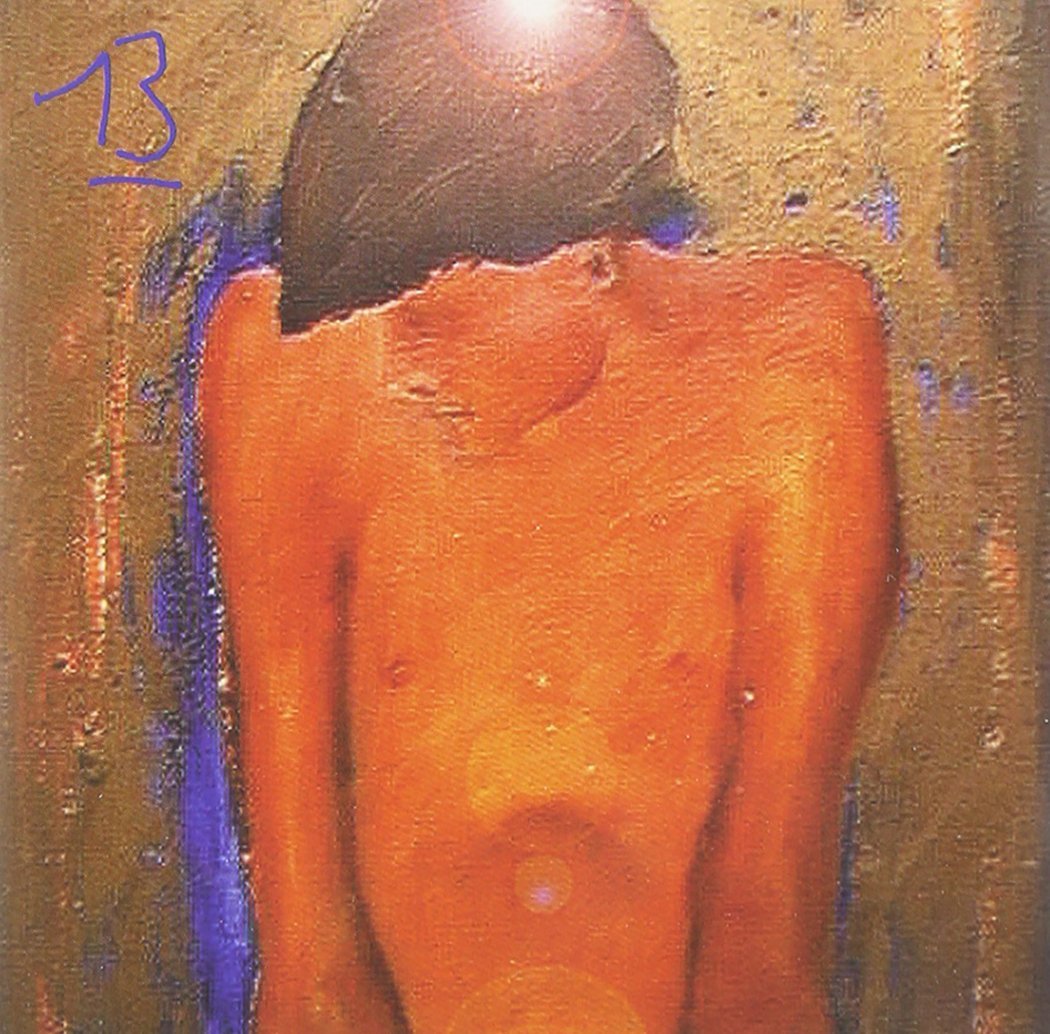At the peak of their success I was distinctly unimpressed with Blur and their run of chirpy-chappy chart toppers. Parklife and the Great Escape both sold by the lorry full, yet I struggled understand their appeal to my generation, or quite their press-derived rivalry with Oasis was considered newsworthy. Two decades later and I can appreciate that outside of the mockney knees-up annoyance of some of their most over-played singles, they actually had some solid hit singles, but despite my most generous efforts, as albums, Modern Life is Rubbish, Parklife and The Great Escape made minimal impression on me. Blur were a solid singles act as far as I was concerned.
Things took a turn for the slightly more interesting with their self titled offering from 1997. Realising that britpop was a self-built creative cul-de-sac for them, quiet guitar genius Graham Coxon encouraged them to go in a direction more informed by the fringes of the American alt-rock scene. “Beetlebum” had acted as a nice bridge between their old sound and new sound, while “Song 2” was effectively the sound of Blur turning over a new leaf in the noisiest way possible. The album, although flawed, was a breath of fresh air after the stale identikit sounds of the britpop years. Their next move would be utterly vital to them as an ongoing creative force.
The CD artwork of 13 alone indicates that a lot had changed for Blur since they had dominated the singles charts just four years earlier. Things were darker, grainier, more textured. The fact that it started with the dark-hued, yet soulful, “Tender” confirmed that they were now a million miles away from the technicolour, lad-mag endorsing world of “Country House” and they were infinitely better for it. Perhaps their greatest single, certainly their most effecting, “Tender” remains a classic of the era and the ideal way to kick off an album as downbeat, muddled and utterly human as 13. It’s the sound of a band struggling with, but ultimately accepting the lessons learned from failed relationships and the resulting hard-won maturity, which in itself is genius, as that was exactly what so many of their fans were going through at the time. Or at least those fans that remained after they had shed their pop-muppet appearance.
13 is a restless, moody album, because Blur were in a restless and moody place. While 1997’s self titled offering sounded like Coxon’s creative project, on 13 it sounded like the rest of the band were on board too, having realised that a change of sound meant that they had managed to escape the sinking ship of britpop. Second single, “Coffee and TV” was lighter in tone than “Tender” had been, boasted one of the finest pop videos of all time and still proved that Blur could do a great little pop song when the mood took them, while elsewhere on the album they tuned into a sort of Super Furry Animals style sonic weirdness and generally got a whole lot more enjoyable than I ever dared believed Blur could get. Sure, there’s the odd moment that doesn’t quite work, and the album drags on a little longer than is strictly necessary, but there’s no escaping the fact that 13 was a brave album for Blur to make and one that established them as a band of genuine depth and gravity.
While fans of Blur’s more upbeat material can find 13 somewhat bleak and even foreboding, often regarding it as the band’s ‘difficult 6th album’, for those unimpressed by their less considered material, it can prove to be the one that offers the most replay value, as the listener can get lost in its labyrinth of moods, conflicting emotions and textures. Few other bands that had been labelled ‘Britpop’ ever managed to be as challenging as Blur did on 13 (Oasis certainly didn’t), but for me at least, it remains the album of theirs that finally convinced me that they were one of the UK’s finest acts.
Of course, it wasn’t going to last. The departure of Graham Coxon, long the most interesting member of Blur not called Dave Rowntree, during the early sessions for the next album, Think Tank, left them floundering and following the release of the album and subsequent tour, Blur would go on a lengthy hiatus. If anything, 13 had extended the lifetime of the band by a few more years and proved that they could be so much more than a catchy pop band.














No Comment